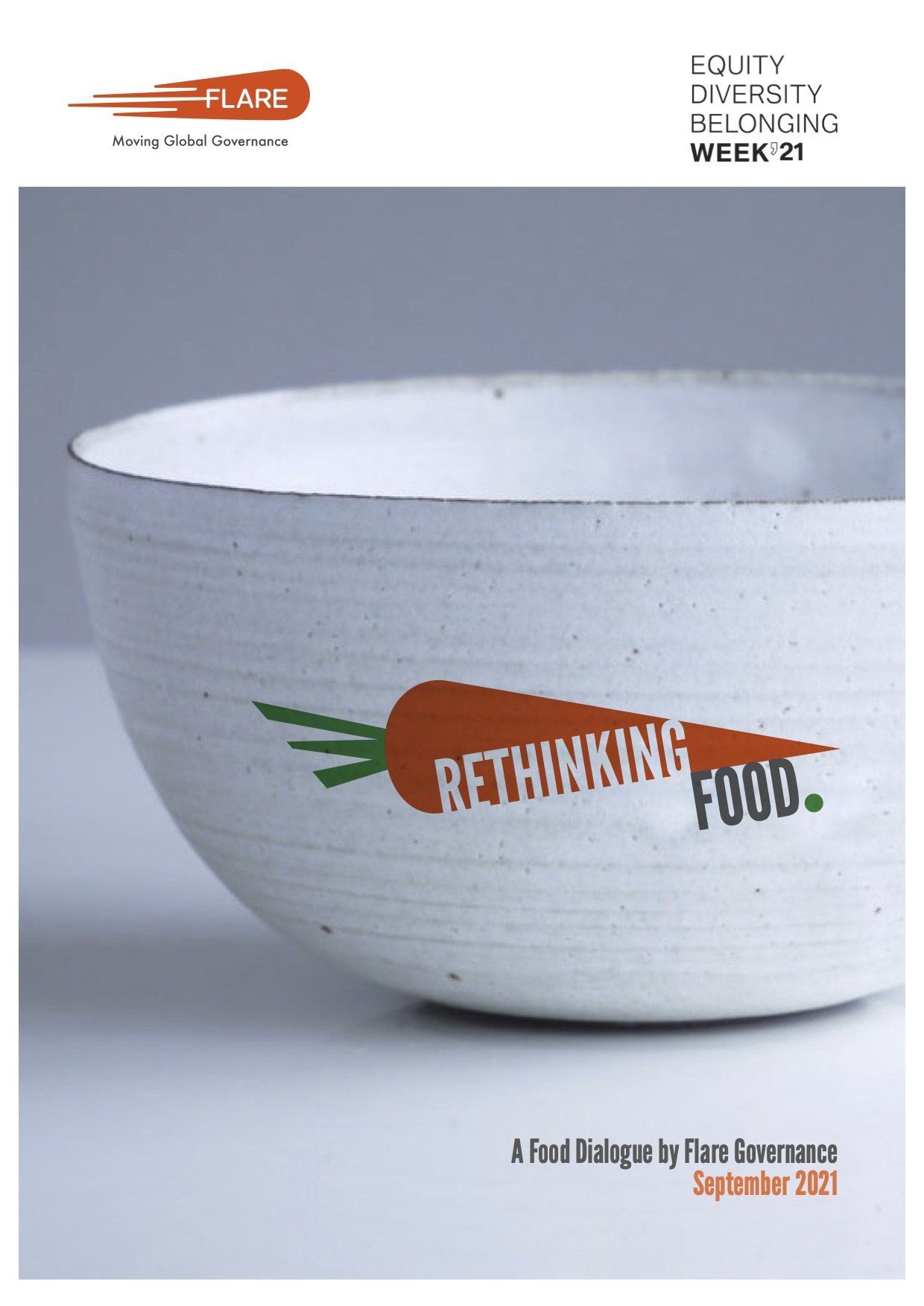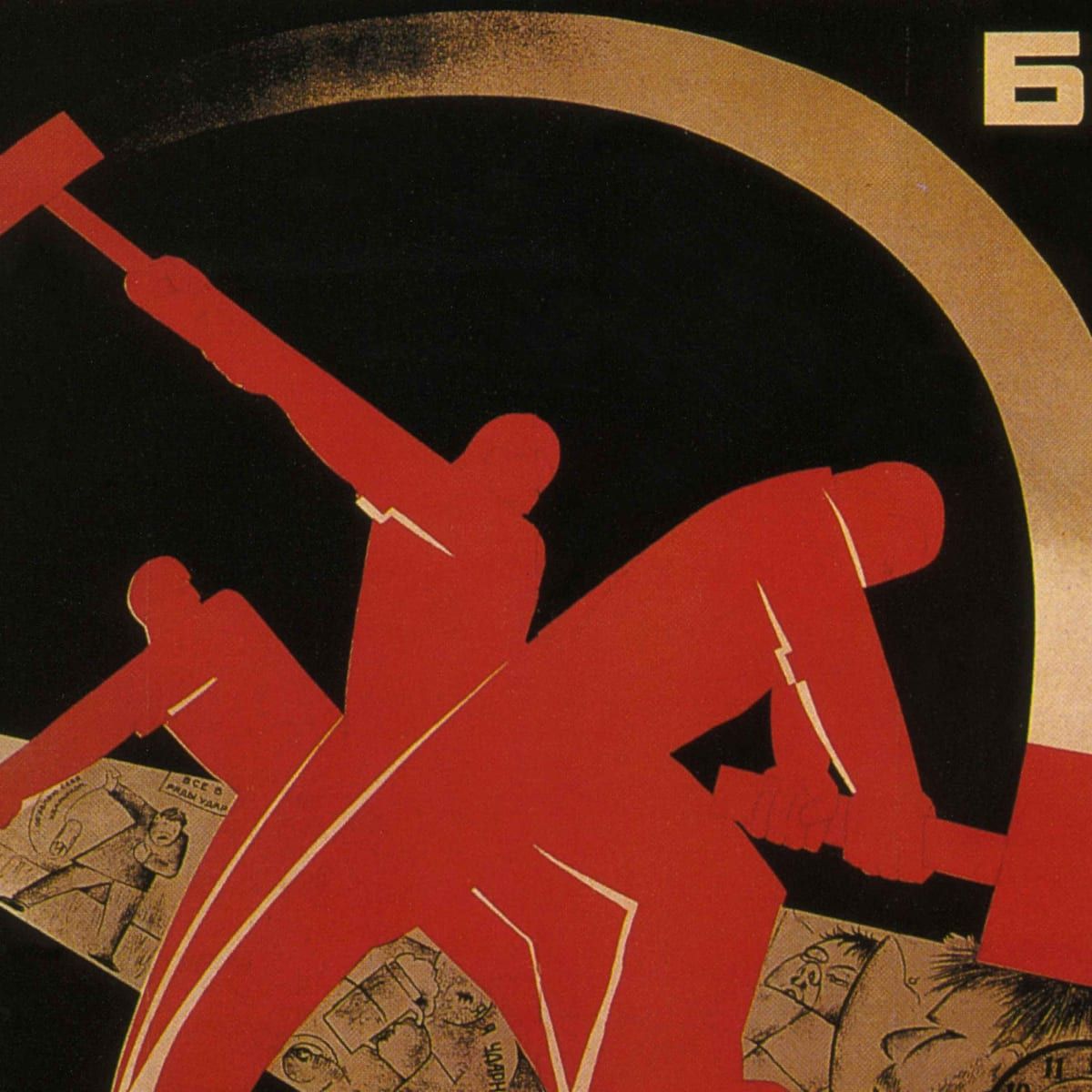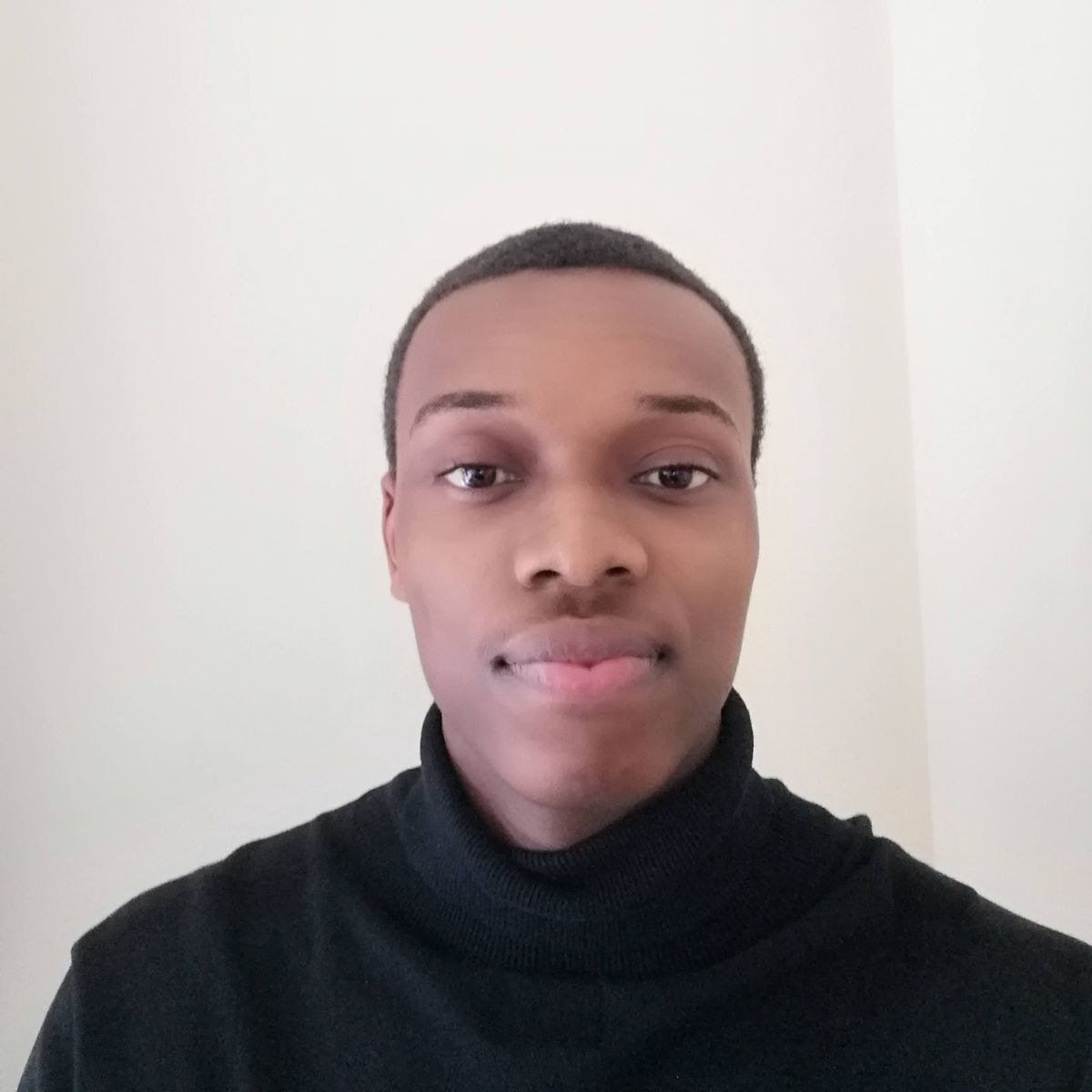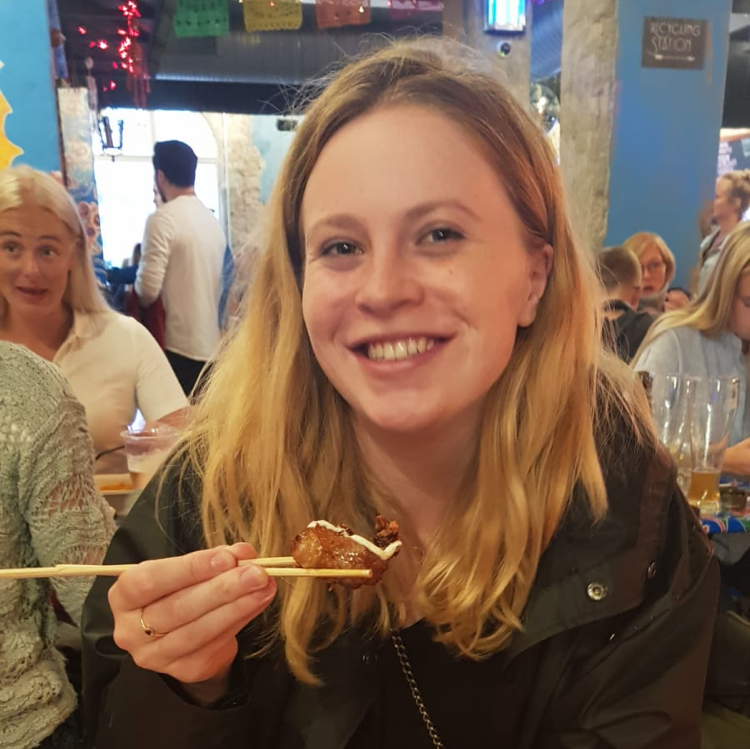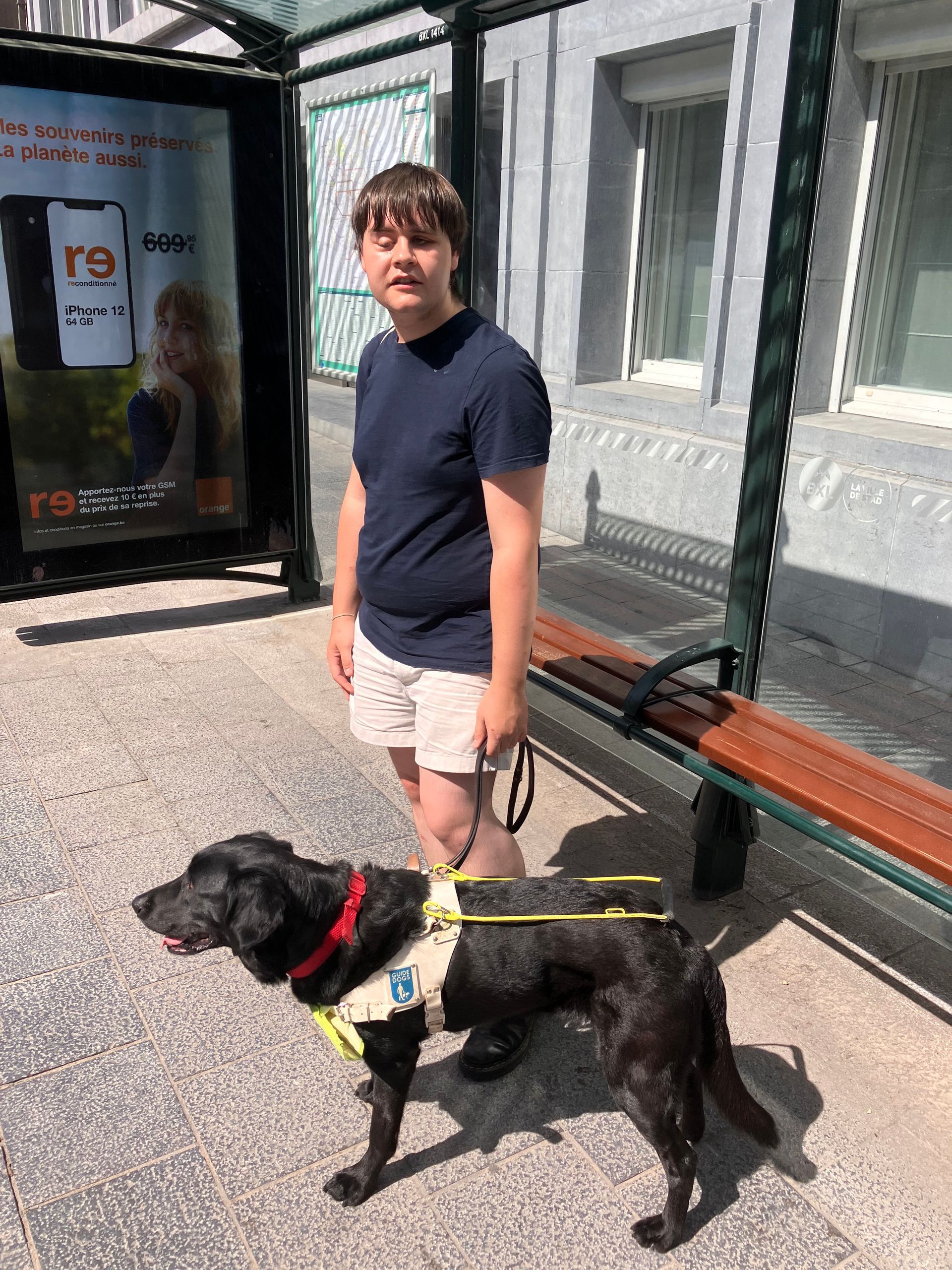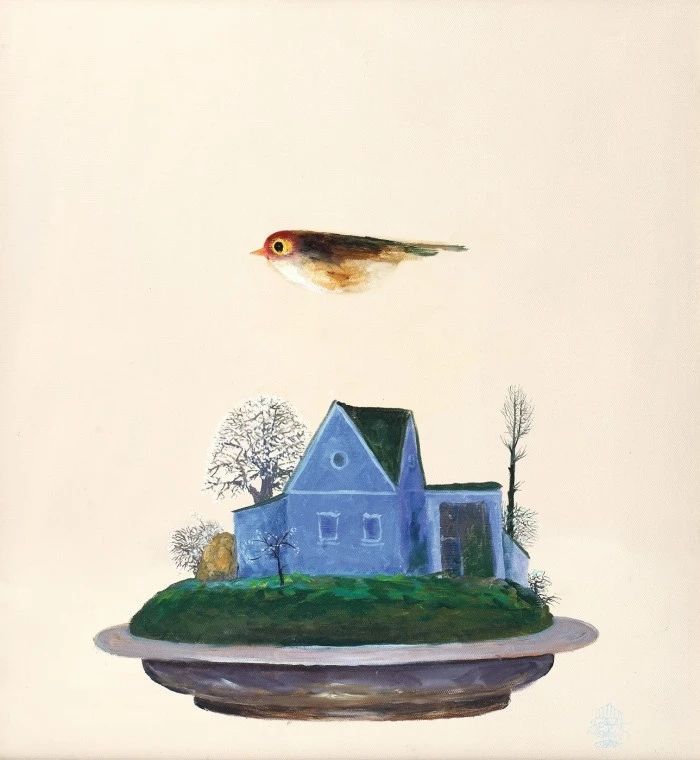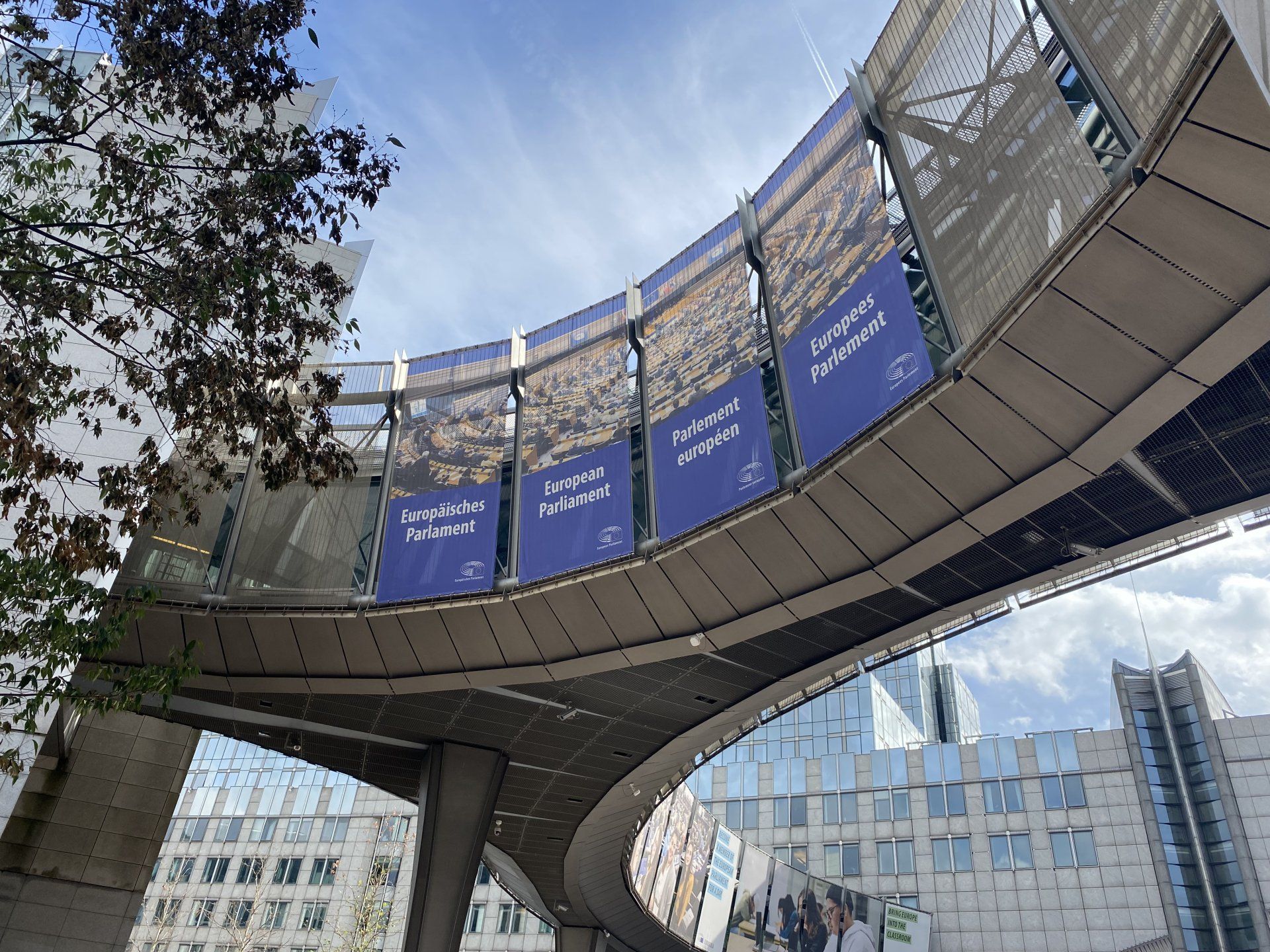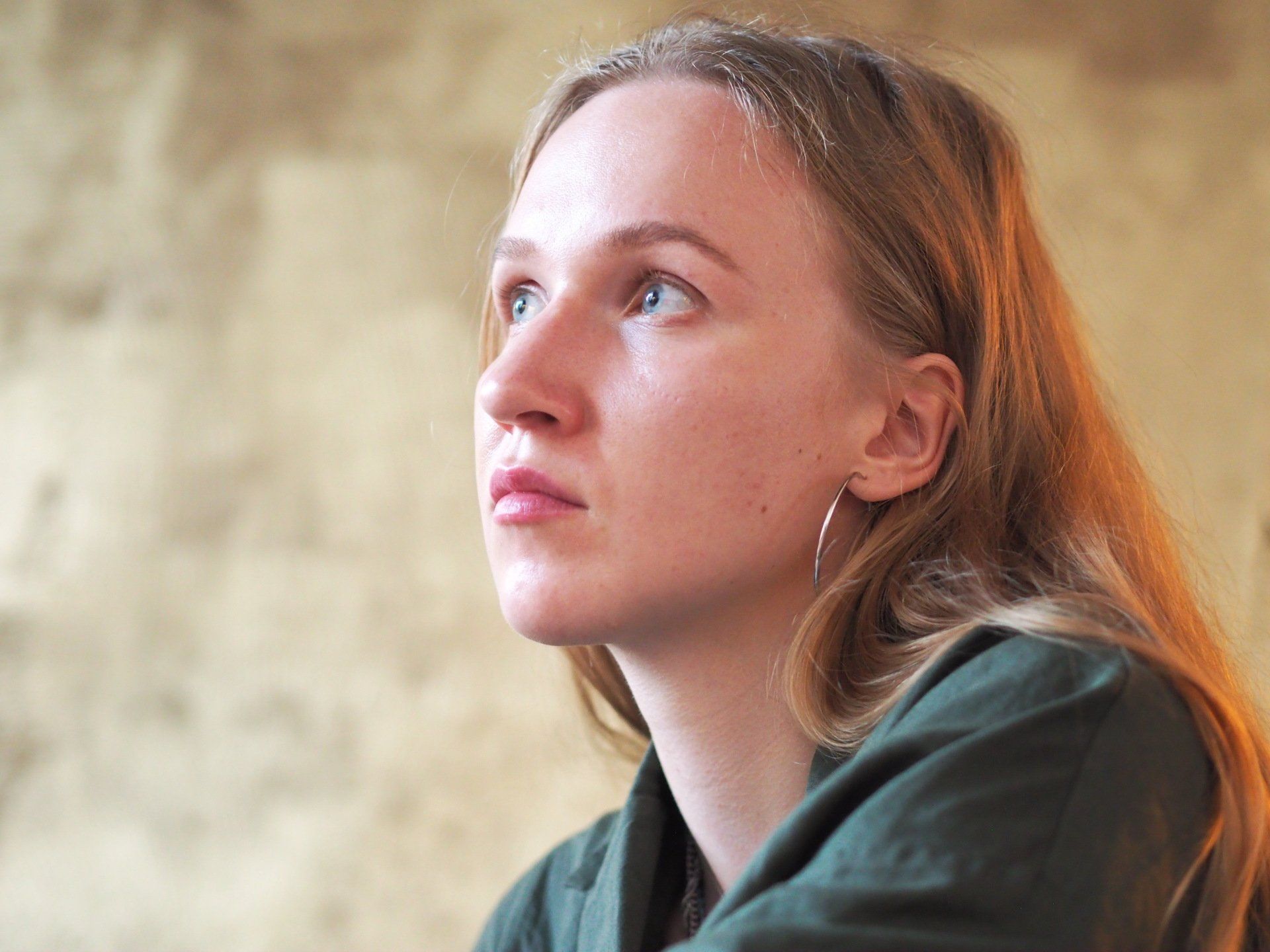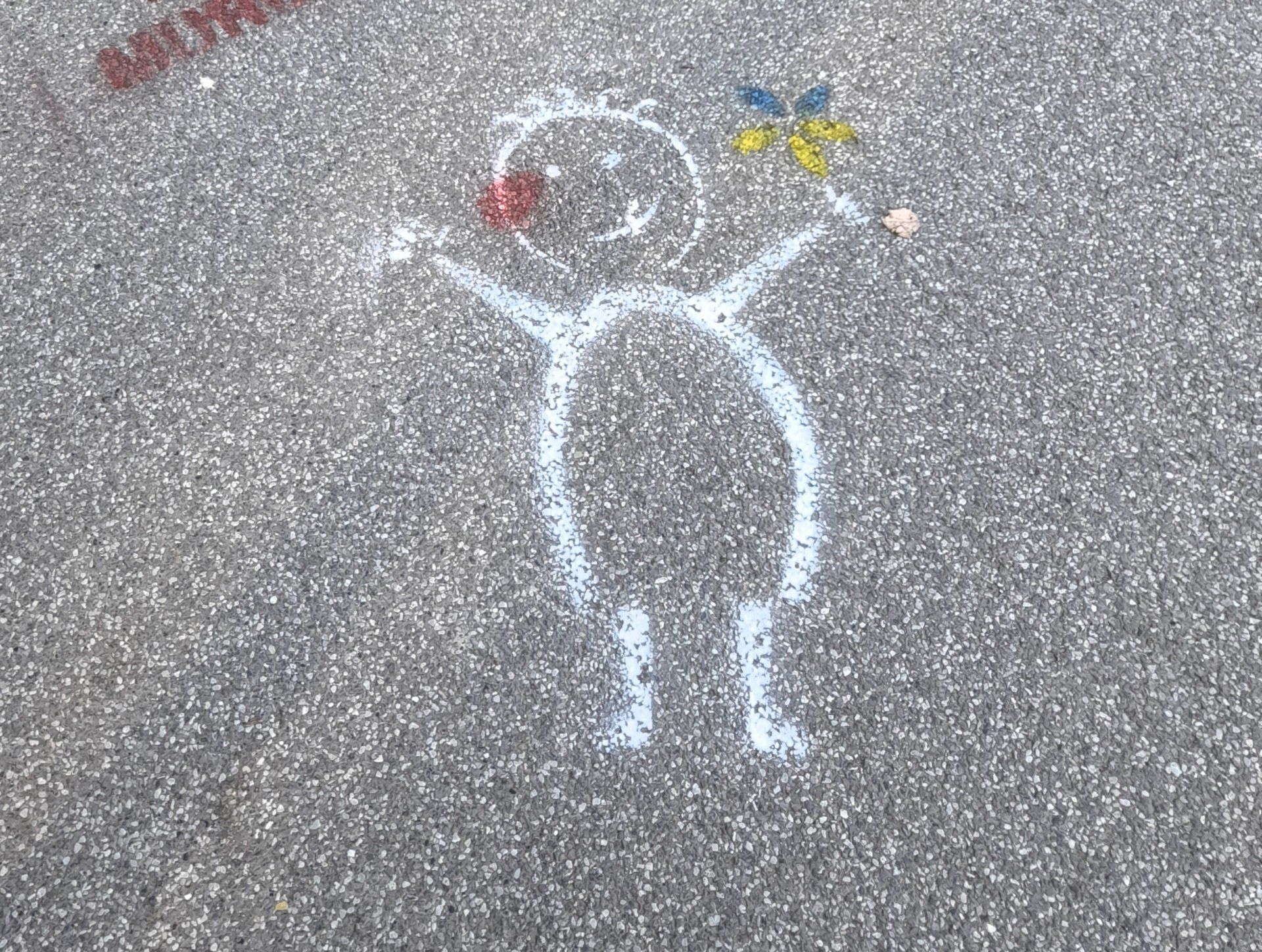Reconnecting public and private life – and how the cracks don’t appear where you strike
By Andreea Petre-Goncalves
This is a long article. If you read nothing else, just read this. There’s a simple and powerful way to turn suspicion and conspiracy into hope and connection. We’ve been testing it in the private spaces where we are our true selves, coming together around the things we love. Like football. And food. We’ve built a model for change that can connect us around what matters and restore trust in our public sphere and public systems. With it we can transform society and renew our bonds with each other, feeling empowered and energised in the process.
Summing up two years of Flare’s experiment in hope
There’s a Romanian saying that paraphrased and stripped of its humour goes “the cracks don’t appear where you strike” (Unde dai si unde crapa). It’s an expression of surprise at unintended consequences, with a hint of amusement, or exasperation, depending on the circumstances.
Nearly two years into the hope project and foray into the wilderness that is Flare, the most exquisite thing we have to show for it - except for what a cool team we are - is an unusual hypothesis. We came to it through instinct, experiments, feeling and most delightfully – accident. Accident in that we were looking for something else, not unrelated, but a touch less ambitious. And there it was, a powerful insight into what is possible. We struck the wall in one place and got a crack somewhere unexpected.
We are experimenting with bridging the chasm of mistrust that separates our private lives from the public systems that struggle under the weight of our unmet expectations. From this point onwards our work will focus even more resolutely on reconnecting our private and public lives to help hope emerge. We will do it in the spaces we all love, around the dinner table, on the football pitch and wherever else we feel like our true selves. This is not madness. It’s reclaiming power over our lives.
In some spaces we trust and hear each other
In the autumn of 2020, at Flare we were busy helping to deliver a collective narrative through clever methods, in a thrilling project on the future of football (more on this really soon). Unexpectedly, like angels singing, or rainbows in a summer storm, what we were looking for emerged 20 paces away from where we were digging. We struck and the cracks appeared elsewhere.
We discovered that shared moral stories take shape without much prompting when people come together around something that they genuinely, truly value. When we gave folk space to talk about their love of football, what came out like a rousing drumbeat were stories of shared values: community, belonging, being part of something bigger than oneself, fairness. Check out this wonderful example here.
Football is a common, an immaterial one, a shared precious thing that scores of people bond around instantly, whatever life path brings them there. And in this space that genuinely connects without the need for words, we were seeing what we had been pursuing tirelessly since Flare was born - a shared story of who we are as people, what matters, what the future should bring.
Our hypothesis therefore is that shared moral narratives - upon which we can rebuild the world - emerge in the commons, and that real-life spaces are where we should pursue them.
From the football pitch to the dinner table
Our discovery shone new light onto our food project, frozen in time since we were thrown into lockdown two weeks before delivery in March last year. We called it “Speaking one language for the future of food”. Pre-COVID we focused on helping people talk differently about food through methodology. In its new iteration, we are creating space for connection in the only place where food is truly a common: where we share it, where we express love with it, where it builds bridges to our past, where it tells the story of who we are. Not in the conference room or the policy debate or the righteous campaign or the marketing wheeze.
At the stove and around the table. Where we feed friends the treats our grandmothers once made for us as children. Where history and the human journey come alive in the enjoyment of the same things in different corners of the world. Where the stories are told and we are together as human beings, whatever hats and labels and boxes we’re in the rest of the time. Where civil servants or salesmen or righteous campaigners can take comfort in our shared humanity. That’s how we will speak one language for the future of food. What we have in common, our shared morality. This is where we bring people together, be they officials, parliamentarians, refugees, the man in the corner shop and anybody else.
The narrative thing again
Our new world will be redefined by the stories we tell about ourselves and our future. Will we be angry, caring, generous, suspicious, cautious, greedy or cavalier? What sorts of things will matter to us? Whose interests will prevail? These stories are what we mean when we talk about a shared narrative.
We can’t contrive a shared narrative, we can’t build it out of sticks and stones, it has to emerge of its own accord, it has to make our hearts swell and give us the courage to do new things and start again. Like the empowerment of the oppressed, heaven for the righteous or enrichment through ambition, it has to stir our passions and make us want to be part of it. It has to feel like our story, the distilled expression of our true selves.
QAnon and far-right populism are emerging shared narratives. They are feeding on the growing chasm between our public and our private spheres, then mistrust we have developed in our systems and our elites. It’s no good feeling superior to the people who espouse them, their grievances are legitimate. A genuinely felt and owned shared story - or narrative - will move us away from these aberrations. Something better, that brings our best selves forward. Our job is to help that precious “something” emerge from hopelessness and rage.
Reconnecting public and private life
I’ve spent my entire career pursuing change in the corridors of power. The world looked different 20 years ago. So much more seemed clear then. Around me today are masses of people who believe the cards are stacked against them, that their voice is never heard, that their private fears and hopes are not reflected in the public space.
The challenge nowadays is not just to secure policy change. To run successful campaigns. Our language and instincts are rooted in our old world and our old ways. The real task is to restore faith in the idea that our societies can deliver on our dreams and keep us safe from the things we fear. To do this we need to feel we are on the same team again. The chasm between our private selves and the seats of power needs to narrow, and fast. As odd as it may sound to those like me who’ve spent their lives pursuing top-down change, the dinner table and the football pitch are better placed right now to deliver what we need.
When I started Flare I was warned repeatedly it was going to be impossible to get important people to ditch the garlands of their performative lives and step into a more informal space where they can truly connect with those they represent. Time and time again, we’ve proven that wrong. We’re about to do it again.
We’re not mad. We can change society by breaking bread together.
Flare Blog
